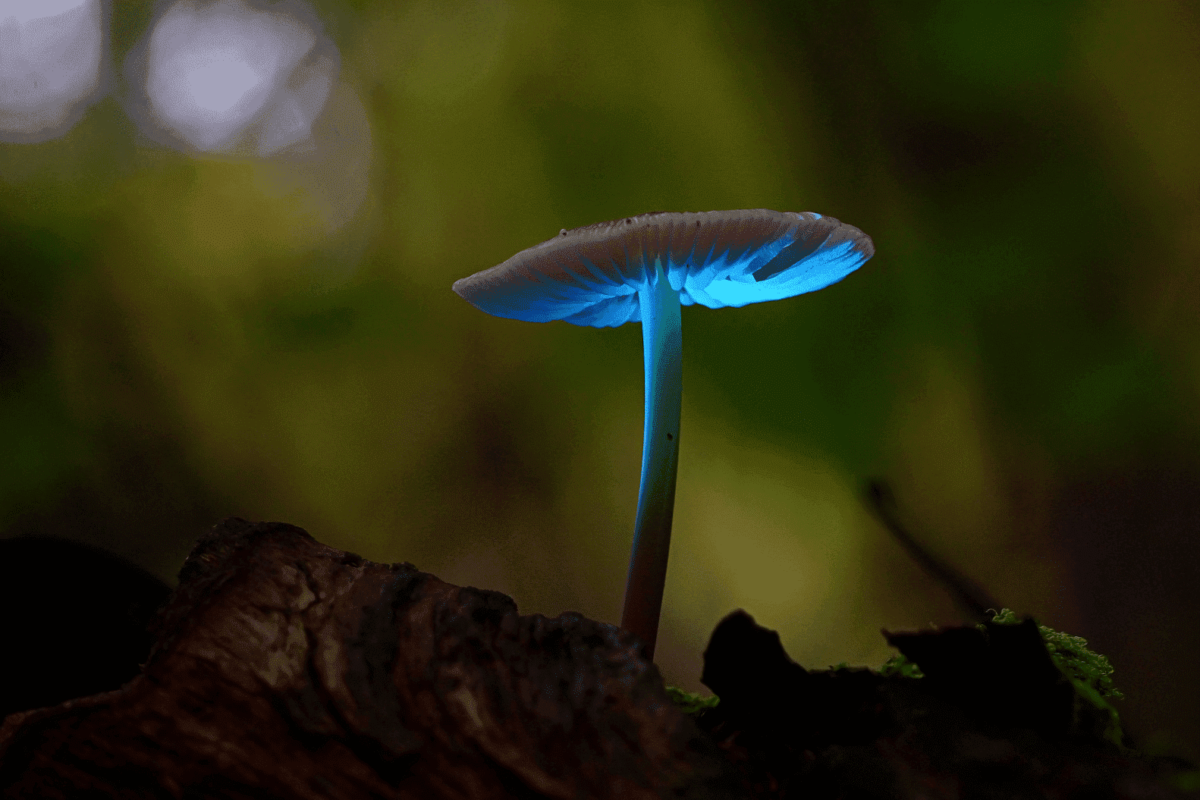Health
The Long and Short Term Impact of Psychedelics
Scientists have hypothesized that psychedelics alter perceptions of reality, and research has indicated that this is due to the drug’s impact on neural pathways. In fact, it seems evident that hallucinogens affect the prefrontal cortex, causing users to experience changes in mood, perception, and cognition. On the other hand, dissociative substances are believed to interfere with glutamate transmitters, and psychedelics impact serotonin levels. Psychedelics are also known to impact regions of the brain involved in arousal, as well as natural responses to stress.
Short-Term Impact
Users of psychedelics report seeing things, hearing things and feeling things that appear to be real when in fact it is a hallucination. Hallucinations cause users to experience an altered state of reality. These perceptions begin between 20 and 90 minutes after ingestion and may last up to twelve hours.
The main issue when it comes to taking psychedelics is that the impact of the drug varies wildly. Factors such as the dosage consumed, biological makeup, the surrounding environment and the user’s mood, all play a part in how good your trip will be.
Psychedelics are fun, but the drugs are known to distort perceptions of reality, which has an impact on communication and rational thinking. All in all a hallucinogenic-induced psychosis, entirely unpredictable at that.
At times, users of psychedelics will experience a mentally exciting and enjoyable trip. There are even reports of users having spiritual understandings and insights. Unfortunately, on the other hand, some users will have a bad trip, which heightens feelings of depression, anxiety and even terror.
According to the National Institute on Drug Abuse (NIDA) research, bad trips cause users to feel out of control, insane and afraid of impending doom. The following list includes the short-term effects of psychedelics, and is based on NIDA findings:
-
- Sleeplessness
- Dizziness
- Impulsive actions
- Emotional highs and lows
- Emotions experienced simultaneously
- Increased blood pressure and heart rate
- Increased body temperature
- Loss of appetite
- Dry mouth
- Sweating
- Numbness
- Weakness
- Tremors
Psilocybin
Psilocybin is a natural psychedelic drug found in magic mushrooms, the substance can cause:
-
- Introspection
- Spiritual experiences
- Paranoia and panic
- Extreme relaxation
Common Impacts
Although the impact of psychedelics varies from person to person (and situation to situation) there are a few common effects that many of the substances share:
Sensory Impact
-
- Shifts in perceptions of time
- Hallucinations of sight, smell, taste, touch, and sound
- Heightened emotions and sensory stimulations (colors and sounds enhanced)
- Combined senses such as tasting colors or hearing emotions.
Physical Impact
-
- Nausea
- Enhanced energy
- Increased heart rate
Long-Term Impact
It is possible to develop tolerance from the regular use of psychedelics. In fact, research has revealed that LSD users develop a tolerance for the drug incredibly fast. Effectively, this means that users must take larger and larger amounts of LSD in order to experience similar effects.
Studies point towards the fact that if users develop tolerance to one psychedelic, tolerance will be impacted for all types of hallucinogens. For instance, with someone who has developed a tolerance for LSD, the same person will also build tolerance for drugs like mescaline and ayahuasca.
However, users will not develop tolerance to drugs linked with other neurotransmitters – such as weed or amphetamines. It should be noted that tolerance to psychedelics doesn’t last forever. This means that if a person refrains from taking the hallucinogen for a few days, tolerance will dissipate.
Additionally, chronic users of psychedelics don’t generally experience physical withdrawal after ceasing consumption of the hallucinogen. This is unlike chemical-based drugs such as alcohol or cocaine, which are known to cause physical withdrawal.
Flashbacks and Psychosis
Both flashbacks and psychosis are among the most serious long-term impacts associated with psychedelics. This is known as hallucination persisting perception disorder (HPPD), but according to NIDA here is a list of the long-term effects of psychedelics.
Prolonged Psychosis
-
- Mood imbalances
- Disordered thoughts
- Paranoia and panic
- Visual hallucinations
Hallucinogen Persisting Perception Disorder
-
- Auditory and visual hallucinations
- Minor visual distortions of reality (seeing halos for example)
- At times symptoms are mistaken for neurological disorders like strokes
While not common, the impact of these conditions is entirely unpredictable – just like a bad trip. Psychosis or flashbacks can arise in anyone, however, studies have shown that these conditions are more likely to occur in people with a long history of psychological issues.
According to NIDA, prolonged flashbacks and psychosis can happen to some after merely taking a drug once. It should be noted that there is no known treatment for flashbacks – though it is believed that anti-psychotic and anti-depressant drugs (in combination with therapy) may help.


